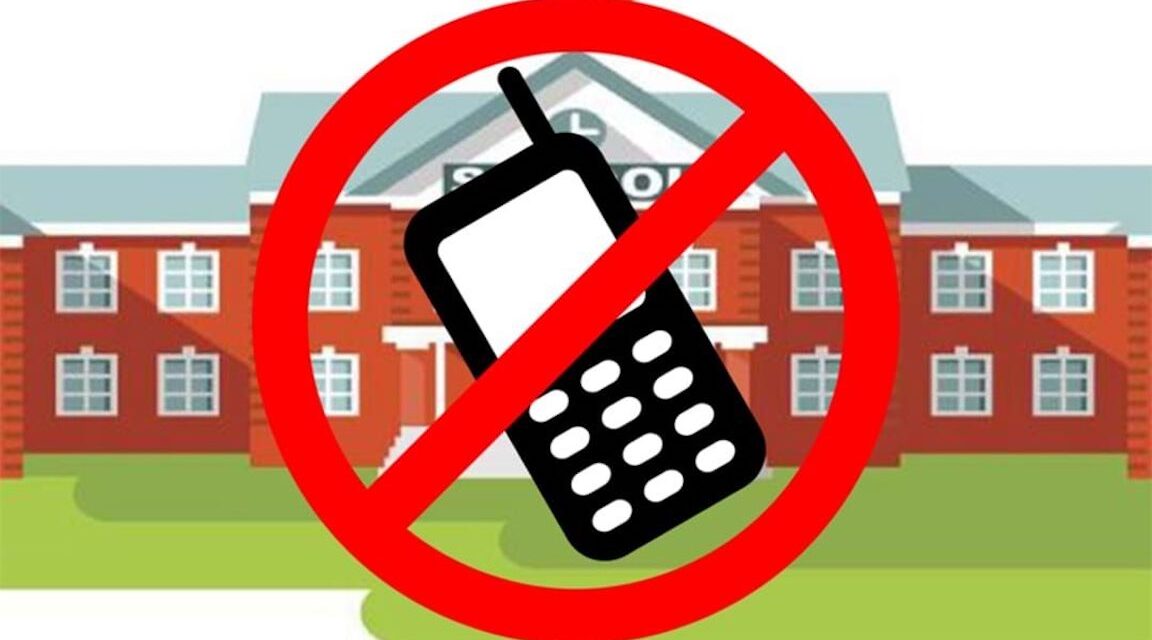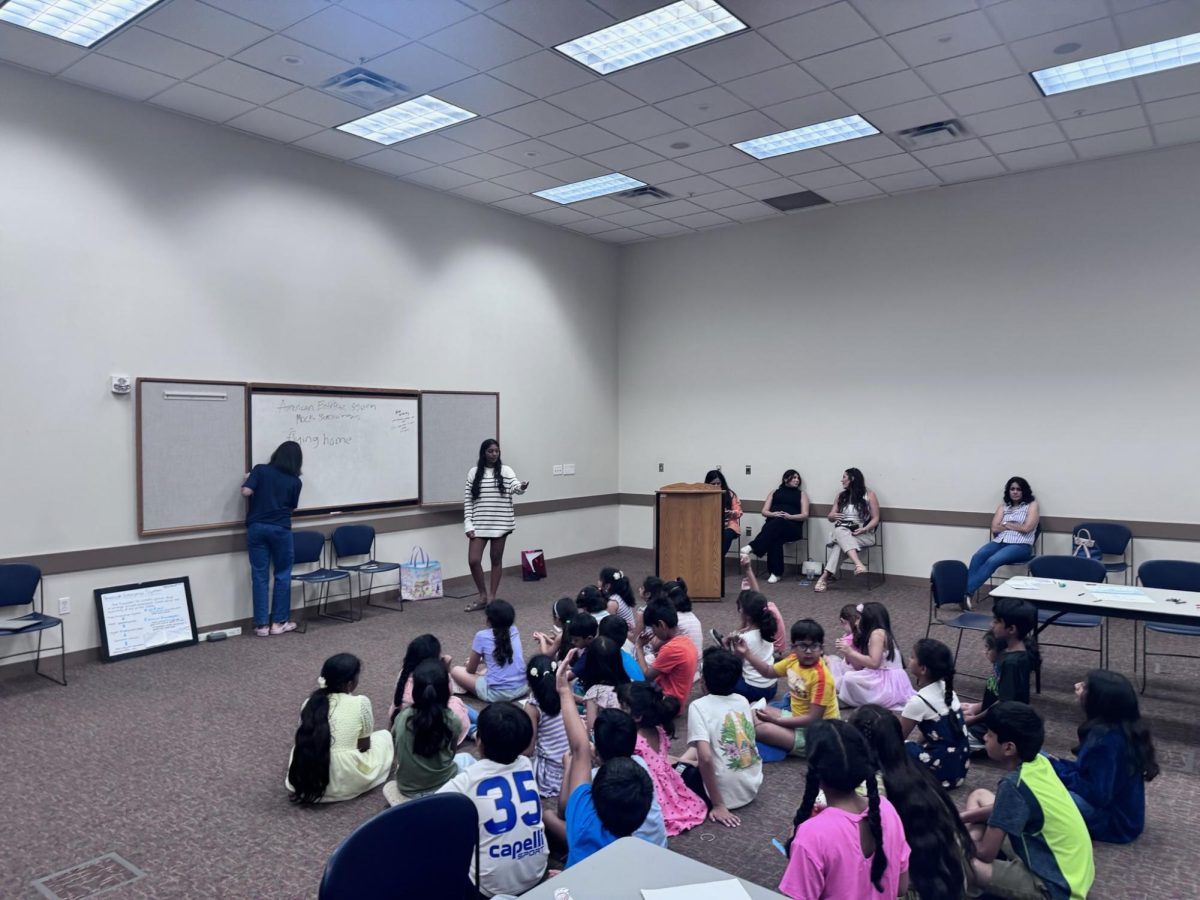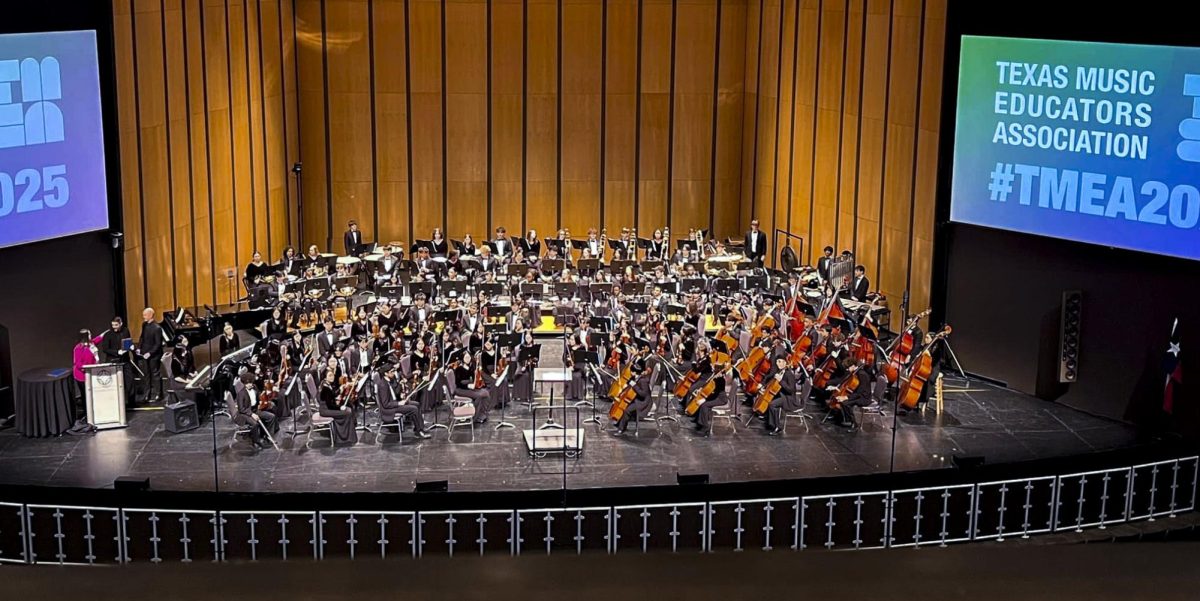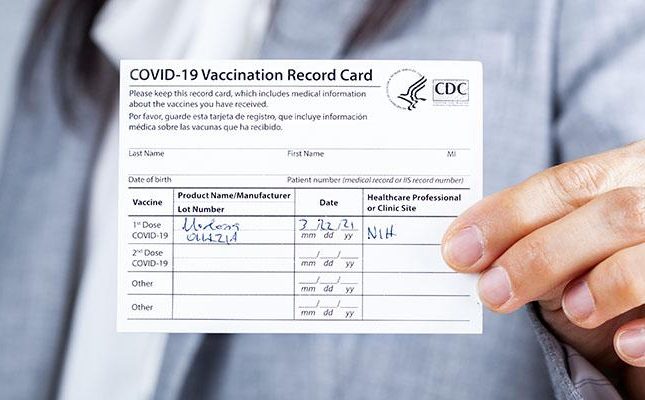Starting this fall, Texas schools will have to go phone-free during the school day. A new law, HB 1481, states that by September 18, 2025, every district must have a policy prohibiting the use of personal devices, such as phones, tablets, and smartwatches, by students, unless it’s for health, safety, or disability reasons. The law has sparked numerous debates among students, parents, and faculty regarding changes to safety regulations, academic aspects, and social implications. To address the changes, we asked Tompkins Associate principal and a student.
“We are already seeing some of the benefits. We have students communicating more, we are seeing more of a difference in the cafeteria and hallways, there are kids with Uno and board games,” said Scott Shanks, Associate Principal
Regarding social aspects, Shanks believes that students are more inclined to socialize with their friends while also being drawn to play games or seek other forms of entertainment. While the phone policy has been in effect in the classroom for a long time, according to Shanks, students are accustomed to not having their phones in school. However, the law still poses some challenges.
“While the negatives are the function of the school, we had become reliant on certain practices that are difficult at the senior sunri. They bought a camera. We had some procedures in which students had to sign QR codes, but now we have to find other ways to do it,” said Shanks
The day-to-day practices of using phones have become so embedded in the routines of many students and teachers that it makes it harder to find a way to adapt to the little changes. Even with the challenges at hand, “Tompkins students at large are compiling,” said Shanks
Another critical factor that has concerned people is the legal implications of safety regulations and how to address unsafe situations.
“We have a system called rapture, so in case of an emergency, everyone would know with the phones, people outside would have ideas of what’s going on, but the rapture would be the official source, and Katyisd does a great issue to inform students and parents, even when there is a minor inconvenience, parents are informed,.” said Shanks
While the advisor views the phone ban as a necessary step to improve focus and discipline, students see it from a very different perspective.
“Topmiks is more of an academic school teacher who expects that kids are gonna interact more, but they just go back into their books, it’s productive, but it’s drilling us more in our academics,” said junior
Due to the demanding academic nature of Thomas High School, Anoka believes that students are more inclined to focus on their work rather than socializing in class or engaging in conversations with teachers. She recalls that, based on her experience in classes where students are more inclined to complete their work in class rather than engage with their peers. Moreover, she explains that students feel more comfortable talking to their friends; before the law was passed, students would often use their phones as a substitute for face-to-face conversations. The advancement of technology has made a significant difference in students’ social lives; therefore, students may need to adapt their social skills.
“They have stricter policies so that it would have gone down; however, students are still very sneaky, so it’s not preventing anything,” said Anoka
policies have been in place to limit the use of technology during academic activities, Ankoa notes that students will often find loopholes and sneakily take out their phones to take pictures, use Artificial Intelligence, or discuss answers with their colleagues. Katyisd tries to confine academic dishonor as much as possible; however, it can never be eliminated.
“At Tompkins, we have people who are gonna abide by the rules within the culture and ethnicity populating Tompkins students are taught to follow the rules,” said Anoka
Although students are compliant with the rules, there is an expectation that students with disabilities will also be accommodated. Five hundred four plans allow parents, students, and advisors to discuss how to comply with the phone law while supervising their health.














